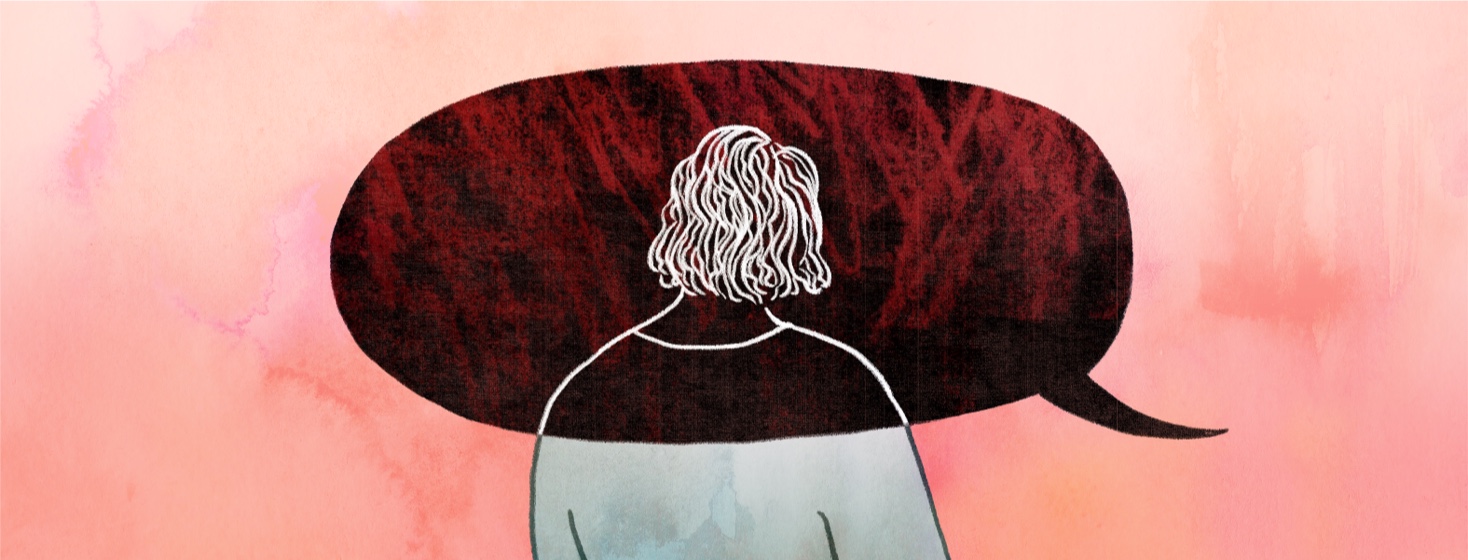Breaking Through the Daze of Disbelief to Ask Questions
I was first diagnosed with chronic myeloid leukemia seven years ago. My first visit with the CML specialist lasted for three hours.
Too much to comprehend
I remember some of what was said and what I was thinking. Reflecting on that day, I probably should have asked more questions. But it’s forgive-able because when you first hear news of this kind, your entire body goes into shock. Your mind is racing and you are trying to digest what this doctor is saying—especially because most of it is in medical speak.
Chromosomes, mutations, bone marrow, platelets…I can honestly say I never gave those things much thought before. Blood tests were limited to a few during annual physicals or when I landed in the hospital for unrelated matters. No one ever thinks it will happen to them.
So, I spent more time talking about how my previous primary doctor had dismissed my health concerns for more than a year and essentially told me it was all in my head.
This or That
Have you ever felt like someone has minimized your cancer experience?
Listen to your intuition
Trust your intuition. It usually doesn’t steer you wrong. More importantly, don’t accept being fluffed off and treated like a hypochondriac by dismissive doctors. Until I was diagnosed, I’d never heard of a patient “firing” his or her doctors before. If I knew then what I know now…
Back to that day, I remember rambling on about how I was “right,” and I knew there was something going on with me all that time and how no one would listen. I wasn’t exactly gloating about it, but I was certainly feeling justified in my previous quest for answers.
In the scheme of things, what difference did it make? None really.
I’ve noted before my doctor told me to “let it go,” and I suppose, focus on the matter at hand. Great advice.
The doctor was really listening
Letting him know I was mistrustful of medical professionals because of my experience was important, though. In subsequent visits, he would go out of his way to refer back to something I’d said or done previously, to indicate he’d been listening. Slick move.
It’s always a good idea to have someone in the room with you when you are receiving a diagnosis like this one. That person can be an extra pair of ears and can jot down things that you will never remember. I can’t tell you how many times I’ve questioned hearing about side effects or aspects of this so-called “journey,” thinking I was not initially warned. My friend, who was there, reminds me otherwise.
Should have asked more questions
Another thing I would have done differently is to ask more questions. I would be more proactive than reactive. But again, there is trauma so I can’t fault myself too much.
I don’t really remember asking questions at all. I recall telling him that I was a very busy person who couldn’t be “running back and forth here,” every few days for bloodwork because I had things to do.
He must have thought I was a dolt. Then again, he’s probably dealt with other patients like me spouting off because they are in a daze of disbelief.
Last year, the doctor actually asked me if I remembered telling him I was too busy to be “running back and forth every minute,” to the cancer center. We had a laugh over it. Amazing that he remembered. Then again, maybe I’m more memorable than I think.
Questions for that first appointment
So, here’s a few first-day questions:
- How often will I get my blood tested?
- What areas should I look at the closest (For those with CML, this might include white blood cells, platelets)?
- How does the treatment work? (For instance, for those with CML, TKIs are targeted oral drugs designed to kill the leukemia cells)
- What are the side effects?
- What happens if the first TKI doesn’t work?
- What is the best way for me to reach your office (online, email, phone, text, etc.) if there is an emergency?
- Is there anything I didn’t ask that I should know right now?
You live and learn. None of us want to have to deal with these issues but it’s important to keep on top of your health and what is happening to your body. Knowledge is power. Blood cancer takes away so many things from you. Don’t let it take away all your power.

Join the conversation